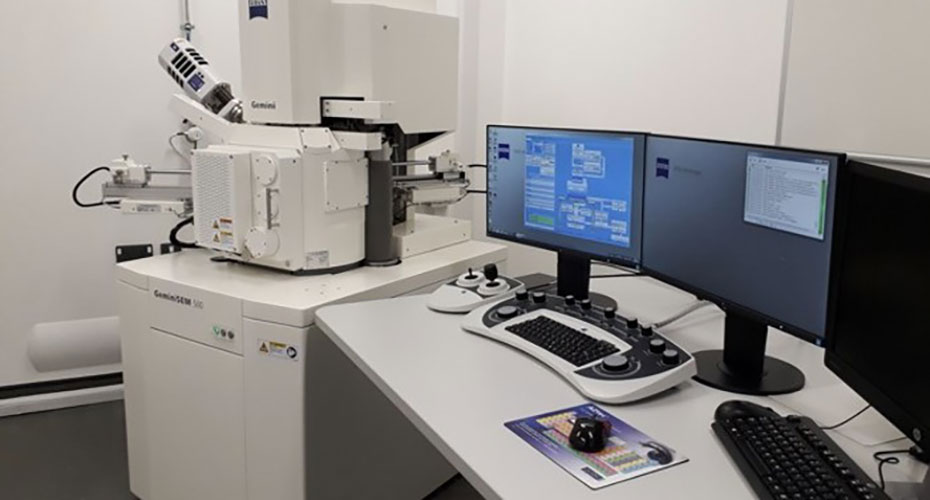Open innovation
The Living Systems Institute (LSI) seeks innovative and sustainable partnerships with industry, charities and public research organisations. We provide access to expert researchers including biologists, physicists, engineers and mathematicians, working with cutting-edge technologies to solve the most complex biological problems.
Interested in partnering with us? Please contact infolsi@exeter.ac.uk

The LSI is a purpose-designed institute and houses specialist facilities and capabilities, available for use by external partners through collaboration with LSI academics or on a service basis.
- Quest Genetics – De-risking drug discovery
- Neuronostics – Clinical decision support tools
The University of Exeter is a scientific hub for the region and is open for collaboration, contract research, facilities access, trialling interventions, and consultancy. Whether examining genetic pathways, screening for novel drug-targets, creating diagnostic or digital tools, or undertaking clinical trials for drugs or medical devices, the University strives to develop strategic partnerships for specific projects, indications and technologies across a number of sectors.



